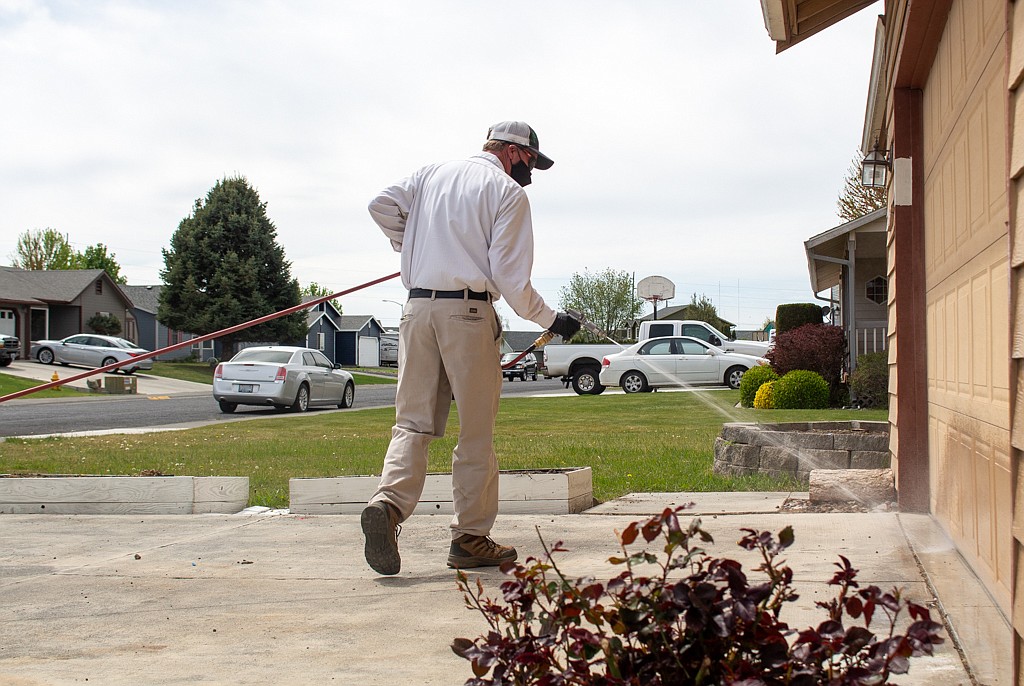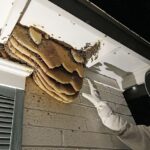Vancouver is known to have damp, rainy days that keep the air moist through much of the year. Humidity shapes daily comfort for residents, but it also influences pest activity. Insects and rodents respond strongly to changes in moisture levels. This response can determine whether they thrive or die off. That is why homeowners must be aware of how humidity affects pest behavior. This allows them to take steps to keep infestations from getting out of hand. This includes hiring services from Pointe Pest Control professionals.
The company offers customized solutions that target active infestations and the conditions that cause them. They also provide preventive services such as inspections, sealing entry points, and moisture control strategies to reduce pest risks.
Moisture is a survival tool for many pests. Ants, termites, and cockroaches rely on humid conditions to stay hydrated. Also, such conditions help them regulate body temperature. Without enough moisture, these insects dry out quickly. High humidity provides them with an environment where they can live, reproduce, and spread. This makes Vancouver homes and yards prime targets when moisture levels rise.
Ants and Humidity Surges
Ants are highly sensitive to changes in humidity levels. They often move their colonies closer to homes during periods of heavy rain or high moisture. The damp soil makes it easier for them to tunnel and expand nests. Also, indoor humidity draws them to kitchens and bathrooms. Vancouver residents often notice trails of ants after a stretch of wet weather because moisture boosts their activity.
Cockroaches Thrive in Damp Conditions
Cockroaches depend on moisture for survival, which is why they hide in kitchens, bathrooms, and basements. Cockroach activity increases when Vancouver experiences prolonged rainy stretches. They find shelter in dark, moist spaces where they can multiply rapidly. Dampness in crawl spaces and under sinks allows infestations to grow undetected.
Termites and Excess Moisture
Humidity also impacts wood-destroying pests like termites. Damp wood termites are particularly drawn to moisture-damaged wood. Prolonged humidity softens wood fibers, making them easier for termites to chew through. Homes with poor ventilation or water leaks offer ideal environments for these pests.
Rodents Also Respond to Humidity
Most people associate rodents with food, but humidity also influences their habits. Damp basements, garages, and crawl spaces offer rodents shelter and easy access to water. High humidity often brings mold and decay, which attracts insects. This creates an additional food source for mice and rats.
Mold, Mildew, and Pest Attraction
High humidity creates secondary problems that draw pests in. Mold and mildew grow rapidly in moist conditions. Many insects feed on or nest near these growths. Silverfish, booklice, and certain beetles thrive in these environments.
Humidity and Pest Reproduction
Humidity affects how fast pests reproduce. Many insects lay eggs in moist environments because it increases the chances of survival for their offspring. For instance, mosquitoes need standing water to reproduce. High humidity ensures these breeding grounds don’t dry out quickly.
Structural Risks Linked to Humidity and Pests
Damp wood attracts termites, while softened materials provide easy access for rodents to chew through. Over time, this leads to weakened foundations, damaged insulation, and compromised wiring. Homeowners who ignore humidity control may not realize how quickly pests can exploit these weakened areas.
Preventing Moisture-Driven Infestations
Humidity may be a natural part of Vancouver’s climate, but homeowners can take steps to limit its impact. Ventilating attics, basements, and crawl spaces helps reduce trapped moisture. Repairing leaky pipes and sealing gaps around windows or doors cuts down on humid conditions indoors. Using dehumidifiers in problem areas also makes homes less appealing to pests.
While humidity is present year-round in Vancouver, its effects are most noticeable in certain seasons. Spring and fall bring heavy rainfall. This drives ants, cockroaches, and rodents indoors. Summer humidity can accelerate insect reproduction. Winter dampness in basements and crawl spaces allows pests to remain active despite the cold. Recognizing this seasonal link helps homeowners effectively handle infestations.



